Coronavirus Sparks an Increase in Gap Years
May 9, 2020
Faced with the possibility of a remote college experience, more of Latin’s senior class is considering a gap year than ever. As seniors weigh what makes the most sense for them and their families, Latin’s college counselors help them navigate their schools’ unique deferral deadlines and requirements. And, as an increasing number of students request gap years, colleges may have to adapt their policies, or else these deferalls could impact classes for many years to come.
Depending on case counts and government policies, campus life in September could look very different from what incoming freshmen were expecting when they applied to school. Ms. Fields, one of Latin’s three college counselors, says, “Colleges and universities are very much hoping to be in session, in person, in the fall, but planning for what it is going to look like if they do need to be remote.” Senior Bella Flerlage, who is currently enrolled in Vanderbilt’s class of 2024, says that even if campuses open, “Obviously there’s going to be a lot of changes to what school looks like. No football games, no major events and a lot of wearing masks to and from until a vaccine or something can be made.”
Colleges typically pick up communication with their incoming class after May 1st, once students are enrolled. However, Ms. Fields says, “I don’t suspect that there’s going to be a huge announcement come May, because again, what do we really know at this point beyond just, we’re planning, and don’t worry we’re planning, because we don’t really have concrete plans yet because it’s just too premature.”
In response to all of this chaos and uncertainty, Ms. Fields says, “I’ve definitely gotten inquiries about thinking about gap years, some from students that I think always were going to be considering a gap year and some from students who are thinking about it more now given the current circumstances.”
Senior Allie Roehm, who was originally planning to attend Dartmouth come September, is part of this group of students. She says, “I think that I am unique in that I was considering a gap year for a while, I think ever since sophomore or junior year. I went to the gap year fair at New Trier junior year so ever since then, I’ve really been considering taking one.” Coronavirus ultimately pushed her to request a deferral. “I know even if we go back to college physically, it’s not going to be the same, and it wouldn’t be the freshman year that I would have wanted and so that made the decision really easy for me to defer a year.”
While she has not officially requested a gap year yet, senior Annie Goldenberg, who is enrolled at University of Vermont, is in a similar boat. “I was thinking of doing one before everything started happening but I never thought that I was actually going to do it. Before this happened I was totally intent on going to school in the fall, but I kind of took this as the push.”
As always, there are students who would have taken gap years regardless of the pandemic. Senior Rob Lynch made his decision just before the virus hit. “I realized that the biggest reason why I wanted to do one in the end is because I realized that I would burn out next year if I did go to college. I needed a little bit of a break. And I also realized that I was pretty young for my grade so I think I just needed another year right before I went.” He will be a part of Butler University’s class of 2025.
To those just now considering gap years, he says, “I think it’s a smart idea especially for us seniors now going into college or next year with a potential dent in the first year of college probably being online for most of it. It’s just not the right way to start.”
On the other hand, senior Bella Flerlage was not planning on deferring prior to recent events. “I am hoping to do pre med in college so my original plan was to do some kind of gap year between undergrad and going to med school because that’s a lot of schooling, but now with this whole COVID-19 crisis, a gap year is on the mind of a lot of my friends and a lot of the seniors I’ve talked to.”
When I was talking to my parents about this whole thing they were like, 100% you’re going to do a gap year if they release a statement saying you’re not going back to school.
— Bella Flerlage
Bella says, “When I was talking to my parents about this whole thing they were like, 100% you’re going to do a gap year if they release a statement saying you’re not going back to school.” Fear of missing out on a typical freshman year is not the only reason students and families may opt to defer. “I feel like for a lot of families it’s financial reasons. For my family, they’re like I’m not going to pay you to have an online education when you could be working.”
In making their decisions, it is important for students to consider how coronavirus shutdowns could shape their gap years. Ms. Fields says, “Really think through that gap year, because many of the things that students would usually do during a gap year, travel, volunteer work, get a job, are things that you won’t be able to do if we’re in the position where we won’t be able to go to school.”
Weighing the benefits and drawbacks of taking a gap year is not easy, yet many feel that they have to rush their decision making process. Allie says, “For Dartmouth, the deadline was June 1st I think, so I was planning on waiting a bit until more of my plans came into fruition, but with all of this I decided to email them right away because I’m also scared that they’re going to limit the amount of people that want to defer.”
I’m confident that colleges will have less space to fill a student body than before.
— Ronil Awelegaonkar
With so many deferrals, will there be enough spots for current juniors applying next year? Junior Ronil Awalegaonkar says, “I’m not necessarily worried, but I’m confident that colleges will have less space to fill a student body than before.” Ms. Fields believes that it is too early to know this for sure, and says, “I would hate for any junior to feel like my chances now at all of these places is gone because that’s not true and we don’t know yet.” If colleges do end up having abnormally small classes of 2024, one way to make up lost tuition could be to increase the size of class of 2025.
it’s just a really kind of toxic environment where people think that they’re quote-unquote hogging spots.
— Annie Goldenberg
Whether it is due to fear of losing spots or general coronavirus stress, tensions have emerged surrounding others’ decisions to defer. Annie says, “I have noticed this weird elitism is starting to bubble to the surface between people who were previously planning on taking gap years and people who have just decided to, and it’s just a really kind of toxic environment where people think that they’re quote-unquote hogging spots.” Allie agrees, and says, “I think some people think taking a gap year because of coronavirus is not a good thing to do, or they think it’s like not enough of a justification to take a gap year.”
However, during such stressful times, it is important to give others the space to decide what is best for them. As Annie says, “This is a really sucky time, this isn’t a good time or a fun time for anyone. If someone decides that they would be better off doing something else other than being at college on campus taking classes, that is their own prerogative and their own decision. I respect anyone who decides to defer because of coronavirus, and I respect people who were going to defer before.”






































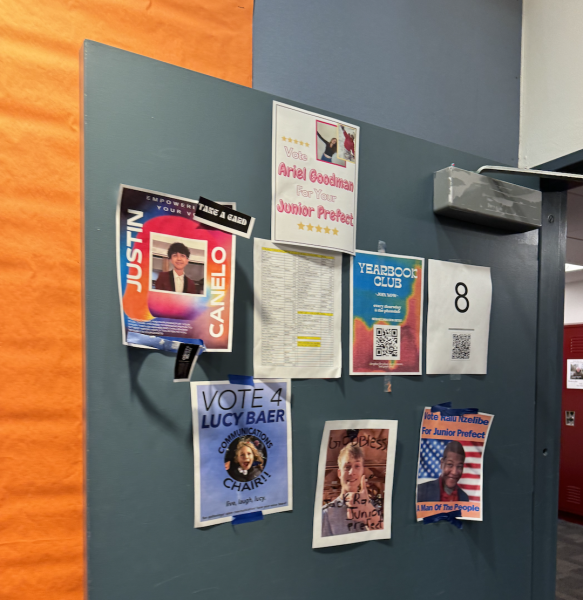


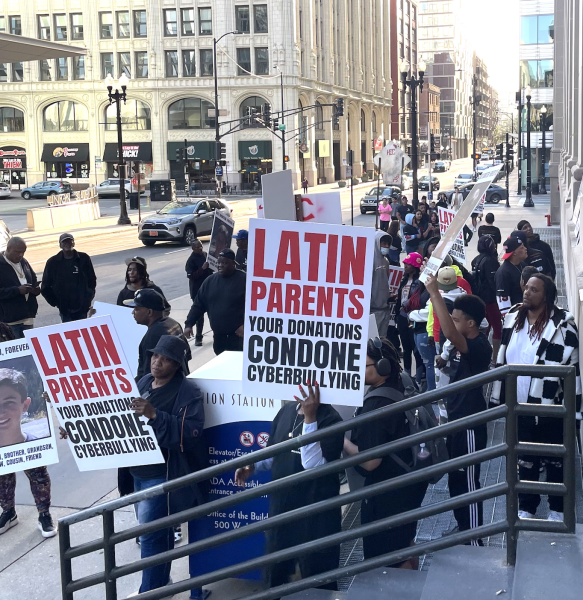

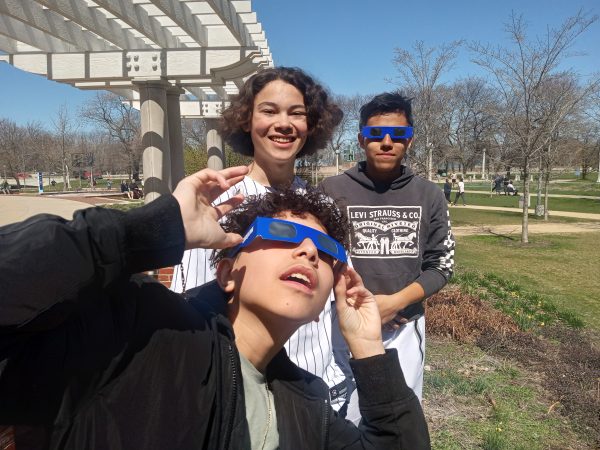

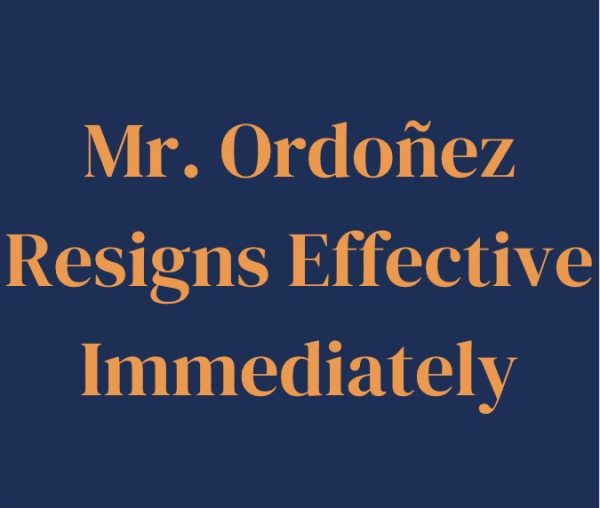

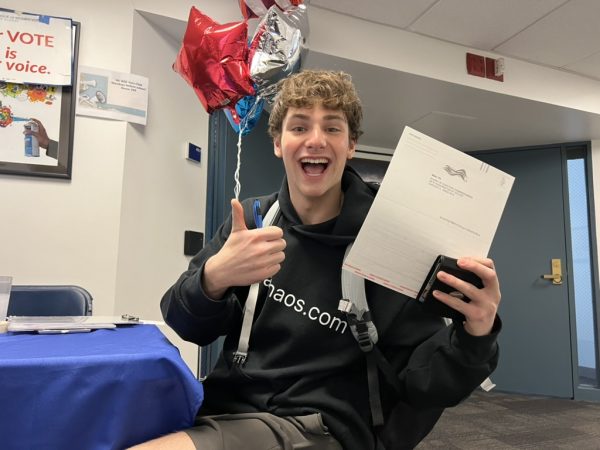


Lulu Ruggiero • May 9, 2020 at 2:44 pm
Bea, I loved this article. It’s so interesting hearing what my classmates are thinking about doing next year, especially because we can’t easily have these conversations in person. Grateful for the Forum for keeping me updated!